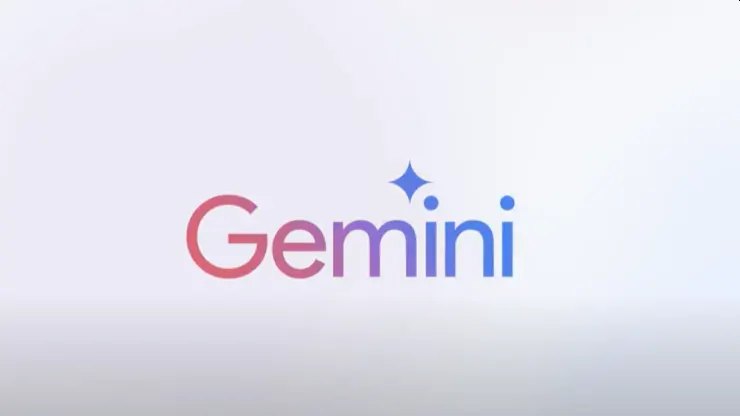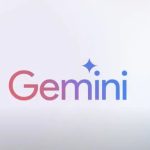Google rebrands Bard AI to Gemini, launches a new app and subscription

Google on Thursday announced a major rebranding of Bard, its artificial intelligence chatbot and assistant, along with the introduction of a new app and subscription options. Formerly known as Bard and a key competitor to OpenAI’s ChatGPT, the AI chatbot has now been rebranded as Gemini to align its name with the suite of AI models powering its functionality.
The name change isn’t a coincidence. Gemini, just like the constellation, represents duality. It hints at the two sides of this new assistant: the user-friendly Bard persona and the hidden behemoth of the “Ultra 1.0” model waiting to be unleashed for complex tasks like coding and collaborative art creation.
Gemini marks the launch of a dedicated mobile app, providing users with seamless access to and interaction with the AI assistant on their smartphones and tablets. This app integrates smoothly with popular Google applications such as Gmail and Maps, enhancing user experience and accessibility.
The introduction of the “Gemini Advanced” subscription tier offers users access to a more robust set of features and capabilities, including the advanced “Ultra 1.0” model tailored for complex tasks like coding and creative collaboration, catering to users with advanced needs.
In addition, Google also expanded access to the AI tool: Android users can now download a dedicated app for Gemini, while iPhone users can utilize Gemini within the Google app on iOS.
These developments underscore Google’s commitment to advancing AI assistants or agents, as emphasized by Alphabet CEO Sundar Pichai during the company’s recent earnings call. Pichai expressed ambitions for an AI agent capable of completing various tasks on behalf of users, including integration within Google Search. This commitment is echoed across major tech firms, with Microsoft and Amazon also prioritizing the development of AI agents as productivity tools.
Sissie Hsiao, a vice president at Google and general manager for Google Assistant and Bard, described the Gemini changes as a step towards “building a true AI assistant.”
Google also unveiled a new AI subscription option, offering access to Gemini Ultra 1.0, Google’s most powerful AI model, for $19.99 per month through Google One. Existing Google One subscribers will have access to this option, with a two-month free trial available.
While these rollouts are currently available in English in over 150 countries and territories, Google plans to expand language support to include Japanese and Korean, among others, in the near future.
The rebranding extends beyond Bard to include Duet AI, now known as Gemini for Workspace, and Gemini for Google Cloud, which aim to enhance productivity for client companies.
The overarching name change from Bard to Gemini aims to clarify to users that they are interacting directly with the underlying AI models. According to Hsiao, this shift emphasizes that “Gemini is our cutting-edge models.”
Looking ahead, the potential of AI agents extends to tasks beyond current capabilities, including scheduling group hangouts, booking travel, or performing specific job functions. While current tools are primarily limited to tasks such as summarization and generating to-do lists, Google envisions leveraging generative AI to enable more agent-like functionalities in the future, as Pichai mentioned during the recent earnings call.
“We will again use generative AI there, particularly with our most advanced models and Bard,” Pichai said on the Jan. 30 earnings call, speaking about Google Assistant and Search. That “allows us to act more like an agent over time, if I were to think about the future and maybe go beyond answers and follow-through for users even more.”

